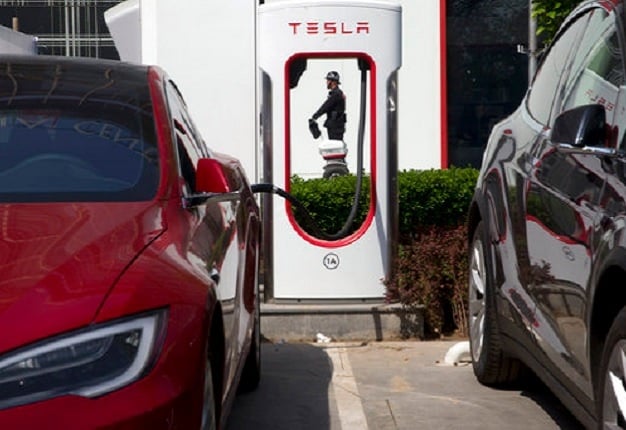
Image: AP
London – Cars have been steadily advancing for over a hundred years and are now more efficient, more manoeuvrable and safer than ever before, but what does the future of the automotive industry hold?
YourParkingSpace explored some of the emerging technologies that could one day feature on our cars and have created an infographic to show off this technology.
Automakers are already testing autonomous vehicles on our roads and internet connected systems being integrated into vehicles, but what else can we expect?
Here’s a list of some new car technologies:
• Biometric vehicle access – You can now access your smartphone with your fingerprint, but cars in the future will allow you to unlock and start your car by using your fingerprint too.
• Theft protection – Theft is a big concern to every car owner and there are already systems on the market that can remotely shutdown a vehicle that has been stolen. This technology will be widely used by car manufacturers in the future meaning that vehicle thefts will be widely reduced.
• Energy storing body panels – It’s not as far-fetched as it sounds. Car manufacturers are already testing light weight body panels that can store energy and feed it back to the engine when it needs it. These panels can store energy produced by regenerative braking, during the charging phase or even solar power.
• Fully connected – In the future most vehicles will be fully connected to the internet, allowing passengers to access all their entertainment needs, just watch out for the pop up adverts.
• Interactive heads up display – Window display technology isn’t new, but in the future these displays will contain much more information such as traffic patterns, weather and directions. These displays will also be interactive, allowing the driver to display specific information in real-time.
• Health monitoring – With fitness trackers becoming more popular than ever, car manufacturers are already looking at ways to monitor passenger’s health. Specialised vehicle sensors will track all aspects of our lives including fatigue and stress levels and will be capable of predicting infections and heart attacks. 
[“Source-ndtv”]





